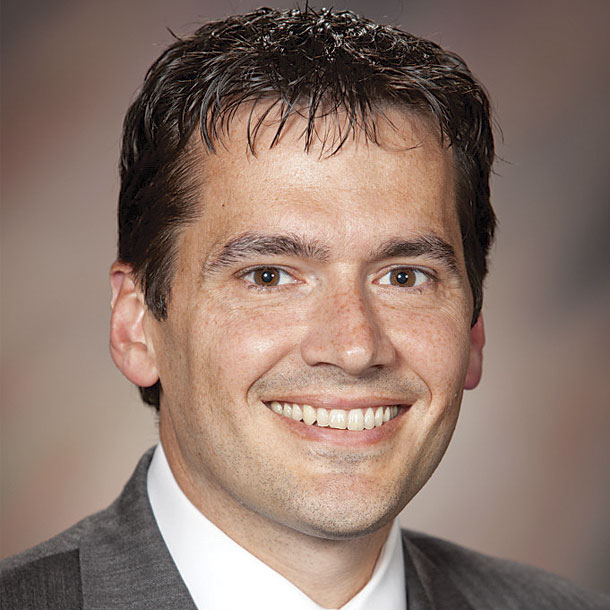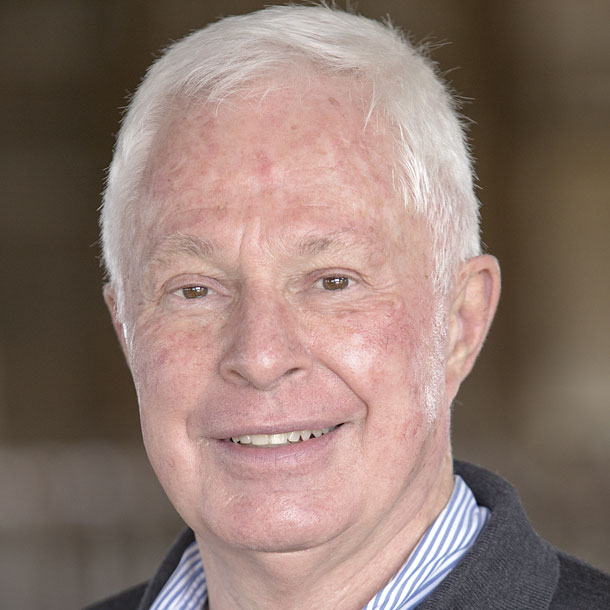Dairy Farmers of America (DFA), a national farmer-owned dairy cooperative, and Vanguard Renewables, a Massachusetts-based renewable energy developer, formed a strategic partnership to help bring anaerobic digestion technology to more farms across the country.
Progressive Dairyman Editor Dave Natzke interviewed David Darr, president, DFA Farm Services, and Bill Jorgenson, managing director of Vanguard Renewables, to share insights about the partnership.

David Darr
President
DFA Farm Services
Q. DFA is the country’s largest dairy cooperative. Why venture into anaerobic digesters?
A. Darr: Sustainability is not only a priority area for DFA as a cooperative, but many of our customers are very interested in renewable energy. What’s more, we have dozens of members with anaerobic digesters already on their farms and know many more of our farmer members are interested.
For these reasons, we felt like it made a lot of sense to have a strategy around anaerobic digestion systems and helping make the technology more accessible to our farmer members.
Q. Can you describe the business relationship the alliance will have with participating dairy farmers?
A. Darr: When we find a member with interest and where having an anaerobic digester on the farm makes good business sense, DFA, Vanguard and the farmer member will work together to develop a business plan for the digester. Once a viable project plan has been put together, Vanguard will then work with the member on implementing logistical aspects such as land leases, permitting processes and the contracting of equipment.
Q. Managing digesters can be complex as well as expensive. What (development/construction/operation) services will be offered to DFA members? And will any funding or financing be provided?
A. Darr: Capital expense and operational complexity are the two biggest hurdles for farmers interested in adopting this technology; that’s the core of the value proposition Vanguard brings to DFA members. So for those DFA member farms where we can establish a viable business case for projects, Vanguard can then provide the capital to build and ultimately own the digester. Vanguard also will help oversee and manage the on-site operation of the digester on those DFA member farms.
Q. Will Vanguard/DFA get involved in working with local utilities?

Bill Jorgenson
Managing Director
Vanguard Renewables
A. Jorgenson: Energy regulations and price are individual by state so, yes, we engage with each utility in a state to secure a viable outlet for the farm digester deliverables. States with renewable power standards are generally motivated to maximize in-state resources. Understanding manure and food organics can be a fuel for power (be that gas or electricity) that enables states to make use of these local resources.
Q. Does Vanguard specialize in a specific type of digester?
A. Jorgenson: Vanguard uses continuous-mix digesters and has a working alliance with CH Four Biogas. The emphasis is on nutrient management and efficiency of gas production. This provides benefits to the entire food supply chain of DFA. The systems are designed to be manure-only and to accept organics from the broad food industry.
This is increasingly important because DFA customers are demanding a reduced carbon footprint from suppliers. Digesters are an ideal vehicle to accomplish this.
Q. Have any DFA-member farms worked with Vanguard Renewables in the past? If so, who and where?
A. Darr: DFA currently has two member farms in Massachusetts working with Vanguard Renewables: Jordan Dairy Farm in Rutland and Bar-Way Farm Inc. in Deerfield.
Q. With Vanguard based in Massachusetts, will the Northeast be an initial targeted geography? Will herd size or regional climate play a role in developing arrangements with dairy farmer participants?
A. Jorgenson: The currently installed Vanguard Renewables digesters are Northeast-based with options to add farms and expand geographically. Through DFA, initiatives are already in motion in the West and mid-Atlantic, and we’re committed to working with DFA throughout the country.
The assistance of the Farm Credit System to both DFA and Vanguard makes this national reach a reality.
More states and cities are banning organic waste from landfills, presenting opportunities for farms to incorporate recycling organic waste into digester feedstock for the benefit of everyone. The renewable energy, greenhouse gas reduction and other societal benefits farm digesters offer are an asset to communities.
Using digesters also enhances modern nutrient management, allowing DFA farmers to expand their herds and build a sustainable future for milk and milk customers. ![]()

-
Dave Natzke
- Editor
- Progressive Dairyman
- Email Dave Natzke




